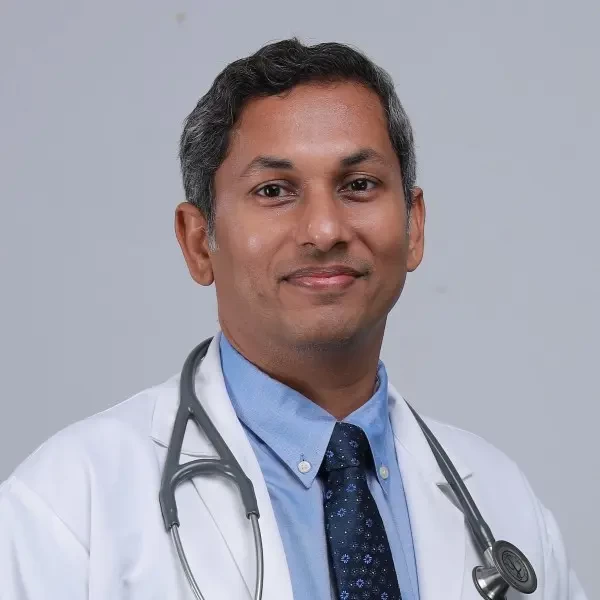 Medically reviewed by: Dr. Aju Mathew, Consultant Medical Oncologist - Written byRiya Yacob - Updated on 07/03/2025
Medically reviewed by: Dr. Aju Mathew, Consultant Medical Oncologist - Written byRiya Yacob - Updated on 07/03/2025The number of cancer cases around the world is on the rise. This puts a heavy burden on human health, emotional well-being, and finances. Many cancer patients do not receive the timely and effective care they need. This often leads to unnecessary suffering and even deaths that could have been avoided. One of the main causes of this is ignoring early signs of cancer.
Earlier detection can lead to better chances of survival and less complicated, less costly treatments. Understanding the importance of finding cancer early can make a big difference in the lives of those affected.
Effective cancer surveillance plays an important role in the early detection of cancer. This is critical for improving treatment outcomes and saving lives. Through systematic data collection and analysis, cancer surveillance helps identify high-risk populations, detect cancer trends, and monitor the effectiveness of screening programs.
Cancer surveillance helps healthcare providers focus on early detection efforts, promote cancer screening, and diagnose cancer at its earliest stages. During the early stage, the treatment is most effective. Prevention and early detection contribute to reduced cancer mortality rates, improved quality of life, and improved overall cancer control.
There are two main approaches to promoting the detection of early signs of cancer. The first is early diagnosis, which focuses on recognizing symptoms of cancer as soon as they appear. The second approach is screening, where tests are performed on people who do not show any symptoms of catching cancer or potentially harmful growths before they develop.
The following are different steps in cancer diagnosis:
The doctor will check the patient's body for any unusual lumps or changes that might suggest cancer. They might look for any differences in your skin colour or swelling of organs, as these could also be signs of cancer.
If the doctor suspects any early signs of cancer, they suggest tests on your blood or urine. These tests can help detect issues that could be related to cancer.
To check inside the patient's body without surgery, the doctor might use imaging tests. These scans help them see the patient's bones and organs clearly. Some common types of imaging tests for cancer include CT scans, MRI scans, PET scans, ultrasounds, and X-rays.
If there’s a need to investigate further, the doctor might take a small sample of tissue from the patient's body. This is called a biopsy. There are different ways to do this, depending on where the potential cancer is located. A biopsy is usually the best way to confirm whether someone has cancer.
If the patient is diagnosed with cancer, the doctor will need to figure out how far the cancer has spread. This process is known as staging, and it helps doctors decide on the best treatment options and understand the chances of recovery.
To determine the stage of cancer, doctors may use various tests, including imaging scans like X-rays or bone scans. These tests help check if the cancer has moved to other parts of the body.
Cancer is classified into stages, ranging from 0 to 4, which can also be represented by Roman numerals I to IV. A higher stage number means the cancer is more advanced. In some cases, the staging may be indicated using letters or descriptive words instead.
Cancer screenings are important as they can help detect cancer early. Different types of cancer have specific guidelines about when and how often people should get screened. The following is a simple breakdown:
This is a specialized X-ray examination of the breast. It plays a crucial role in the early detection of breast cancer. This non-invasive, low-dose radiation imaging procedure helps doctors visualize the internal structures of the breast. This is helpful in identifying abnormalities such as tumours, cysts, and calcifications.
Regular mammograms, typically recommended annually for women over 40, can detect breast cancer at its earliest stages, even before symptoms appear. Early detection through mammography has been shown to significantly improve treatment outcomes, reduce mortality rates, and enhance the effectiveness of breast cancer treatment.
This is a leading cause of cancer deaths worldwide. Heavy smokers aged 50 to 75 are advised to get an annual low-dose CT scan to check for lung cancer.
Sexually active women aged 21 to 65 should consider getting Pap smears every three years or an HPV test every five years.
Cervical cancer is a preventable and treatable disease that affects the cervix, the lower part of the uterus in women. It is primarily caused by the human papillomavirus (HPV), a common sexually transmitted infection. Cervical cancer often develops slowly, with abnormal cell changes preceding the onset of cancer.
Additionally, vaccination against HPV can prevent the majority of cervical cancer cases. When detected early, cervical cancer is highly treatable.
People who use tobacco products frequently should consider getting oral cancer screenings through regular check-ups.
Also known as colon cancer, colorectal cancer is the third most common type of cancer in both men and women. It often begins as a growth on the inner lining of the colon or rectum called a polyp.
Early detection and treatment of colorectal cancer can significantly improve survival rates. Screening tests such as colonoscopies, sigmoidoscopies, and faecal occult blood tests can detect polyps and cancerous growths. People at average risk should start regular screenings at ages 40 to 45. This can include getting a colonoscopy every 10 years or a stool test every year.
Men over the age of 50 should talk to their doctor about getting screened for prostate cancer, which may include a physical exam and a blood test. Factors like personal and family medical histories and lifestyle choices play a role in determining when to begin screening.
In a nutshell, screening tests that specialize in a type of cancer include:
Remember, there are many other types of screening tests. Doctors may suggest it according to the patient's condition.
Getting regular cancer screenings is really important for our health. By keeping up with the latest advice on tests that catch cancer early and knowing our personal risk factors, we can take smart steps to protect ourselves. While screenings can’t stop cancer from happening, they can help doctors treat it more effectively and boost our chances of recovery. It’s essential to make these screenings a regular part of our health routine. By doing this, we can aim for a healthier, longer, and happier life. Remember, the more we know about our health, the better we can take care of ourselves. Prevention and detection of cancer is a crucial step. Taking action now is the best way to work towards a future without cancer.
As the top cancer hospital in Kochi, EMC Hospital is dedicated to providing the best care for cancer patients. Our expert oncology team, advanced equipment, and adoption of modern technology help us provide the best and most effective treatment. Our services include early cancer detection, chemotherapy, surgical treatments, care for pain and comfort, emotional support for patients, preventive care, and methods to help preserve hair during treatment.

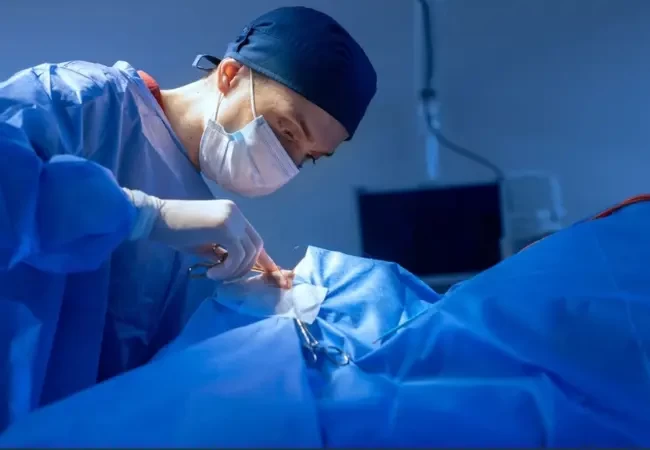
Discover the truth behind common plastic surgery myths. Learn what's real, what's outdated, and how modern procedures truly work.
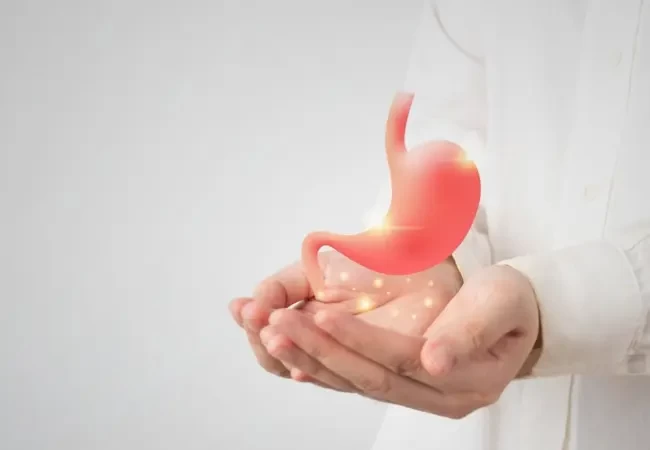
A step-by-step overview of GI surgery, covering what to do before surgery, what happens in the OR, and how to ensure a strong recovery.

Learn about cancer, its early signs, and prevention tips to lower your risk. Early detection saves lives—stay informed, take proactive steps, and protect your health.

Discover why a skilled pediatrician is essential for your child's growth, development, and overall well-being, from infancy through adolescence.

Discover how dermatology can help tackle acne, slow aging, and treat various skin conditions for healthier, more radiant skin.

Discover common childhood allergies, their symptoms, and management tips. Stay informed to keep your child safe and healthy.

Your liver plays a vital role in metabolism, digestion, immunity, and detoxification. Learn how liver health affects your body and ways to maintain its function.

Strong bones support your body and protect your health. Discover simple diet, exercise, and lifestyle tips to maintain bone strength at any age.
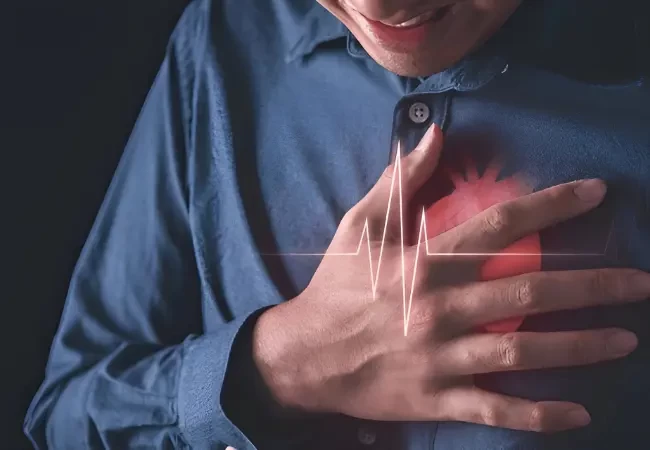
Discover the symptoms, causes, and treatment of hypertensive heart disease. Learn how high blood pressure affects your heart and when to seek medical care.
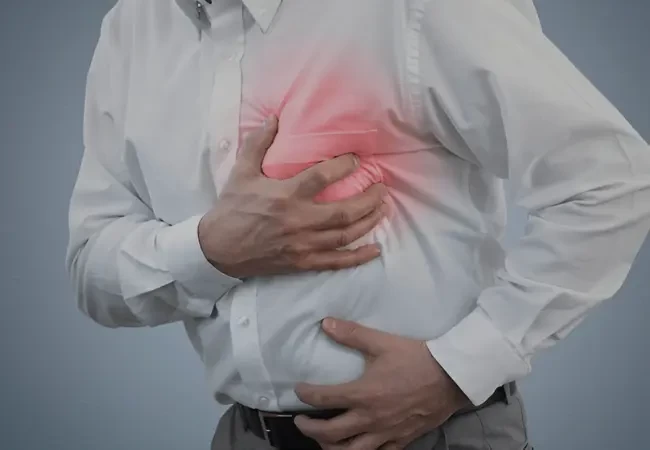
Learn about chest pain symptoms, causes, and treatments. Know when to seek medical help for a healthier heart.